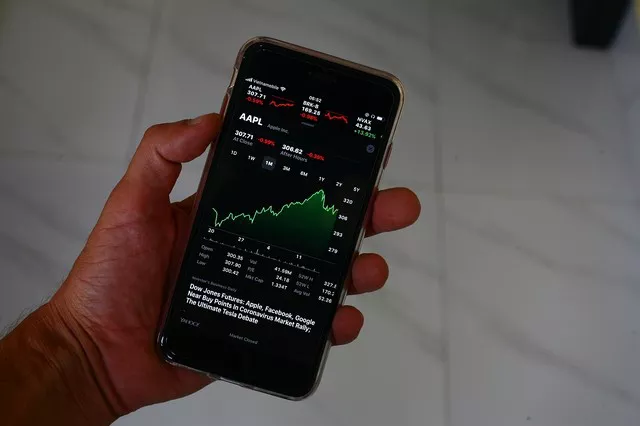Dow Futures, an integral part of the financial landscape, offer investors a window into the anticipated movement of the Dow Jones Industrial Average (DJIA). As a powerful tool for market participants, understanding how Dow Futures work is crucial for informed decision-making.
What Are Dow Futures?
Dow Futures are financial contracts that allow traders and investors to speculate on the future value of the Dow Jones Industrial Average. These contracts operate in a futures market, where participants agree to buy or sell the DJIA at a predetermined price on a specific date in the future. Essentially, Dow Futures enable market players to gain exposure to the potential movements of the DJIA without needing to own the underlying assets.
How Do Dow Futures Work?
The workings of Dow Futures can be broken down into several key components:
Contract Specifications: Dow Futures contracts have standardized specifications, including the contract size, expiration date, and tick size. The contract size typically represents a certain dollar value of the DJIA.
Long and Short Positions: Traders can take either a long (buy) or short (sell) position in Dow Futures. A long position is taken by those who anticipate a rise in the DJIA, while a short position is taken by those who expect a decline.
Price Fluctuations: The price of Dow Futures reflects the market’s expectations for the future value of the DJIA. As economic conditions change, market sentiment shifts, influencing the price of Dow Futures.
Margin Requirements: To enter a Dow Futures contract, traders are required to post a margin, which serves as collateral. The margin requirement is a fraction of the contract’s total value, and it ensures that participants have enough funds to cover potential losses.
Settlement: Dow Futures contracts can be settled in two ways: cash settlement or physical delivery. Cash settlement involves the exchange of cash based on the difference between the contract price and the actual index value at the time of expiration.
Significance of Dow Futures
Dow Futures hold several key implications for the financial markets:
Market Sentiment: The movement of Dow Futures reflects market sentiment and investor expectations for the DJIA’s future performance. Rising Dow Futures indicate positive sentiment, while falling futures may suggest cautiousness.
Global Impact: Dow Futures’ influence extends beyond the U.S., impacting international markets and shaping traders’ strategies worldwide.
Risk Management: Investors and institutions use Dow Futures to manage risk by hedging their portfolios against potential market downturns. A short position in Dow Futures can offset potential losses in their holdings.
Using Dow Futures for Trading
Traders use Dow Futures for various trading strategies:
Day Trading: Traders capitalize on short-term price fluctuations by opening and closing positions within the same trading day.
Swing Trading: This strategy involves holding positions for a few days to capture larger price movements.
Hedging: Investors hedge their portfolios by taking opposing positions in Dow Futures to mitigate potential losses in their holdings.
Market Hours and Trading Dynamics
Dow Futures trade on futures exchanges with specific trading hours. These hours allow traders to engage in both intraday and overnight trading. The liquidity of Dow Futures varies throughout the trading day, with higher activity during market hours.
Conclusion
Dow Futures provide a vital avenue for traders and investors to engage with the anticipated movement of the Dow Jones Industrial Average. Their mechanics involve standardized contracts, long and short positions, price fluctuations, and margin requirements. The movement of Dow Futures is a reflection of market sentiment and expectations, with implications that extend beyond the U.S. financial landscape. By understanding how Dow Futures work and utilizing them as part of trading strategies, market participants can navigate the complexities of the market and make well-informed decisions.


